I need to disable default routes of WP REST API and add custom routes.
I found this question which helps me to find following answer.
remove_action('rest_api_init', 'create_initial_rest_routes', 99);However this will also remove any custom content type routes. So instead you may choose to use:
add_filter('rest_endpoints', function($endpoints) { if ( isset( $endpoints['/wp/v2/users'] ) ) { unset( $endpoints['/wp/v2/users'] ); } // etc });
But from that way I need to know all the default routes and remove one by one which is not a cleanest way to do.
I would like to know whether there is any cleaner way to achieve that ?
UPDATE 1 :
As per the Chris's suggestion I would add more details to question.
Currently I am using rest_api_init filter to add my custom routes by using register_rest_route method as per the below code which I found on this article.
add_action( 'rest_api_init', function () {
register_rest_route( 'myplugin/v1', '/sample/', array(
'methods' => 'GET',
'callback' => 'my_awesome_func',
) );
} );
function my_awesome_func( $data ) {
return 'somthing';
}
The custom route works well, but unfortunately I can't disable the default routes such as /wp/v2/posts.
My question :
How to unset/disable the default routes while using the rest_api_init filter to register new custom routes ?
